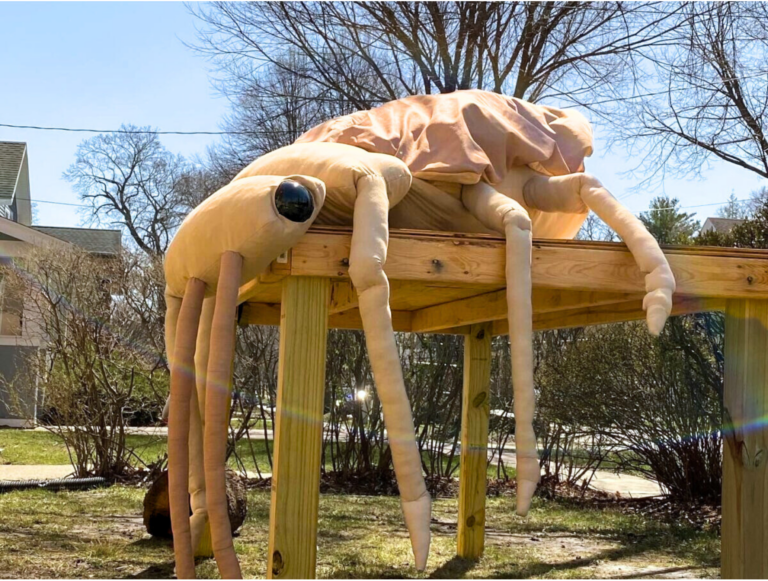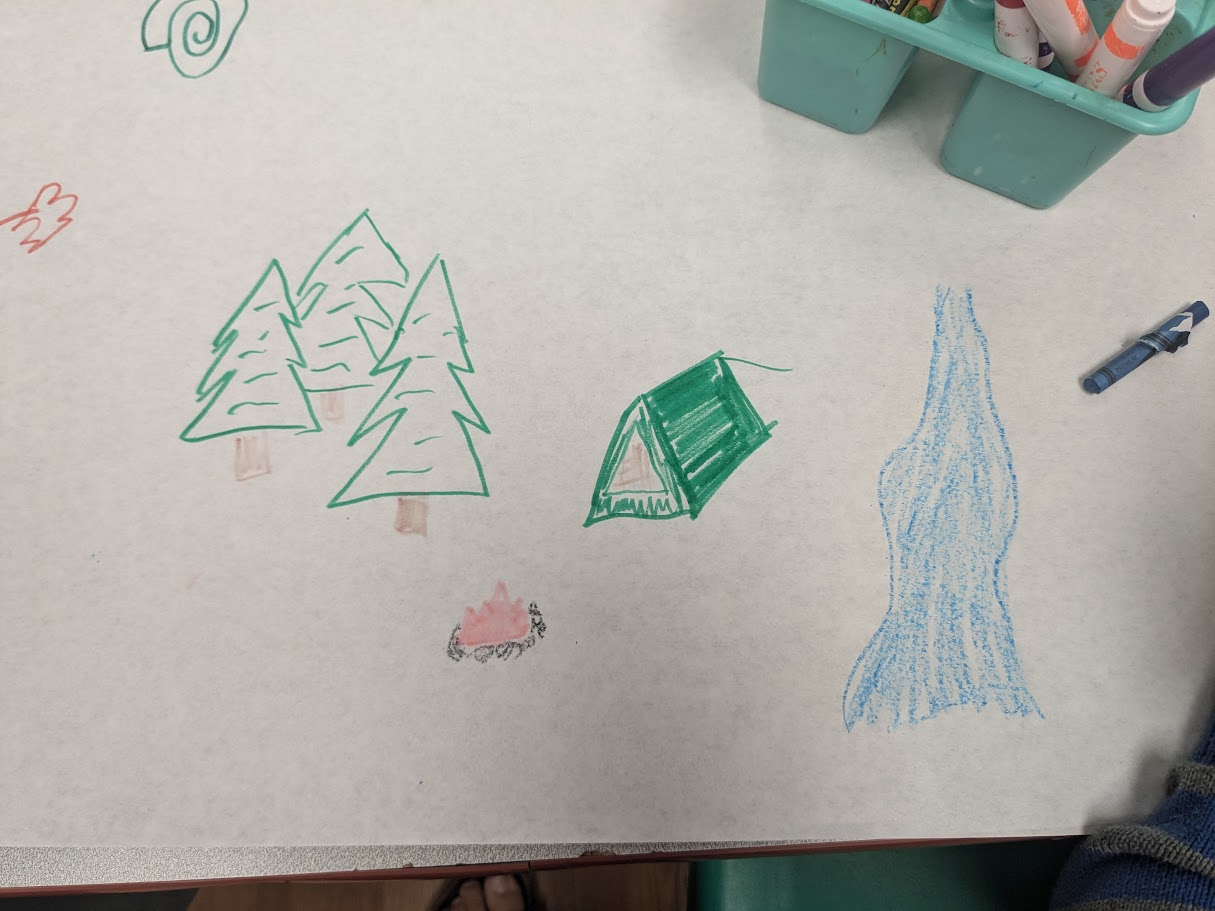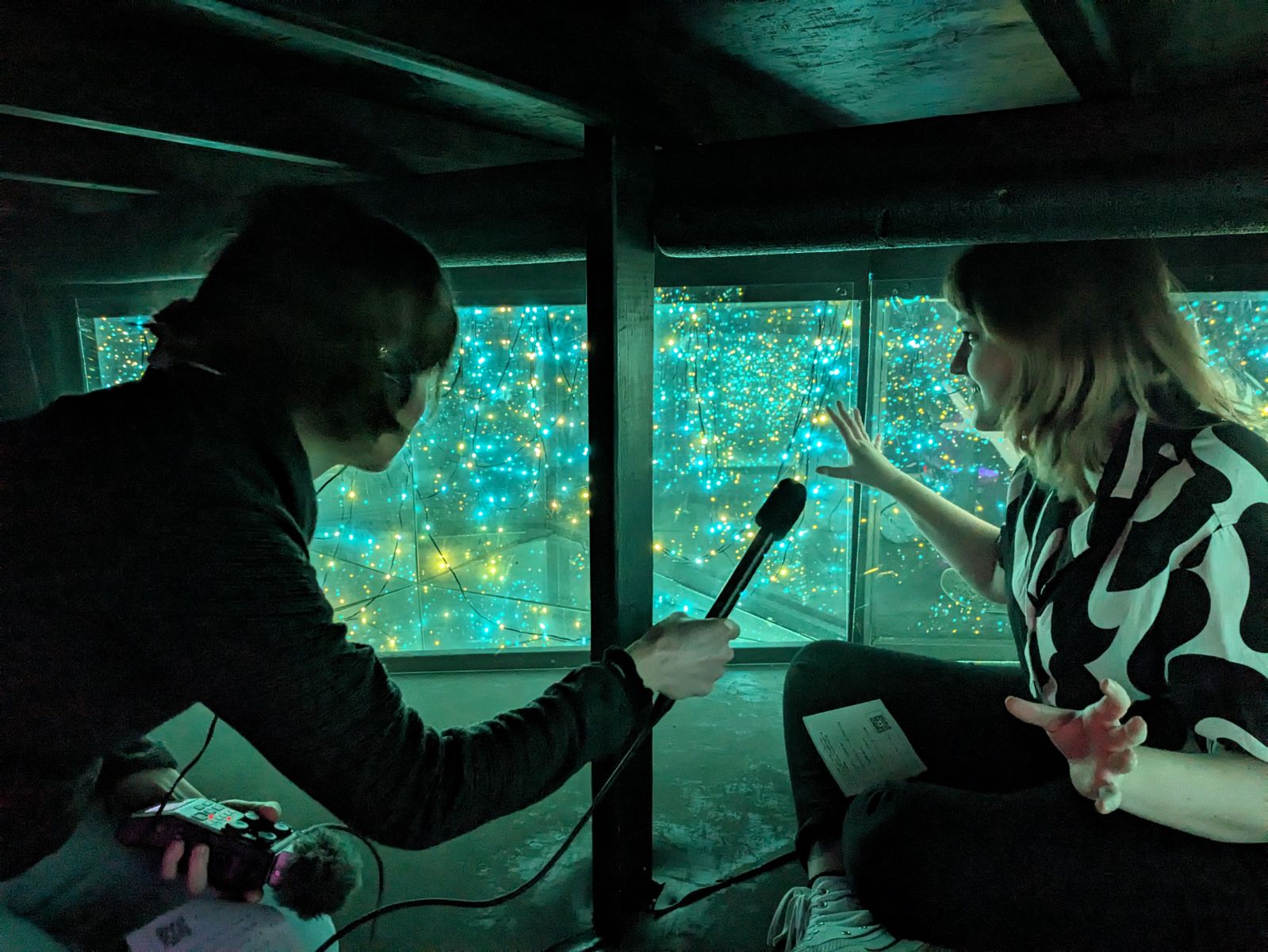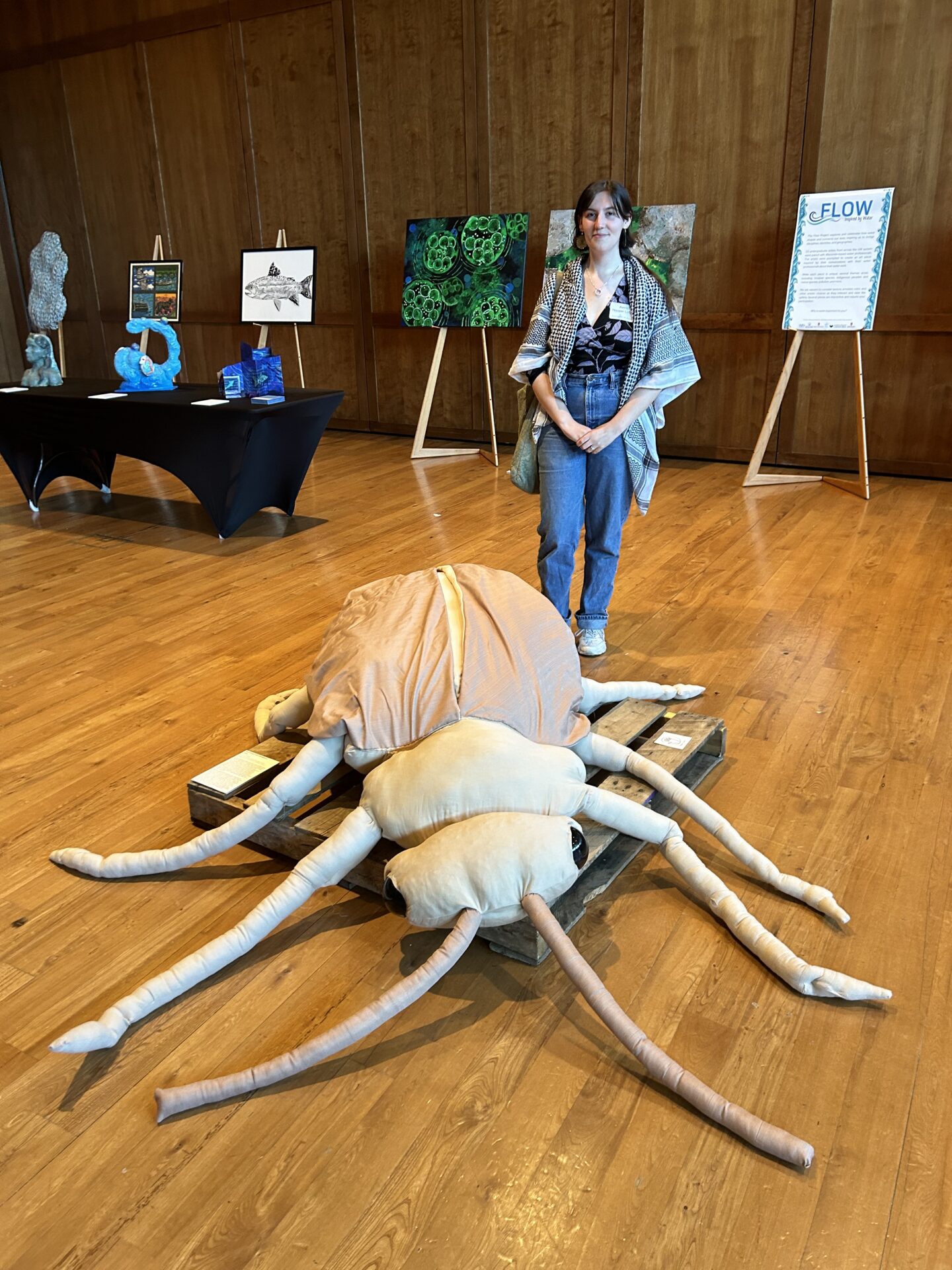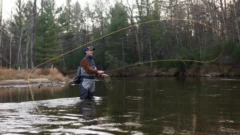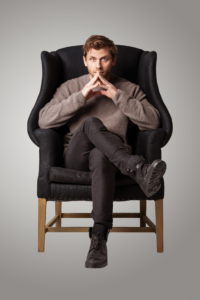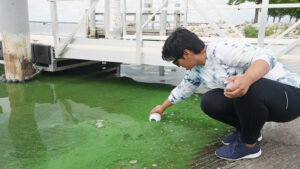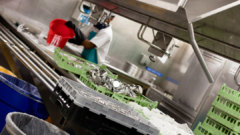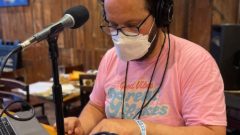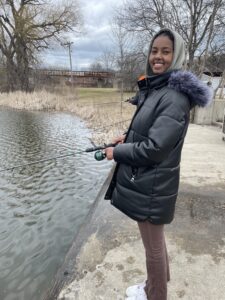Podcast tells story of seventh graders who launched Clean Boats, Clean Waters
Maree Stewart was a middle schooler from Minocqua, Wisconsin, when she and two classmates had an idea that would shape Wisconsin’s lakes for the next 20 years and beyond.
“It doesn’t feel now like I’ve done this big, momentous thing, but it really has made such a difference,” Stewart said. “And it’s just really amazing how many people have been impacted by a science project that I did when I was 12 years old.”
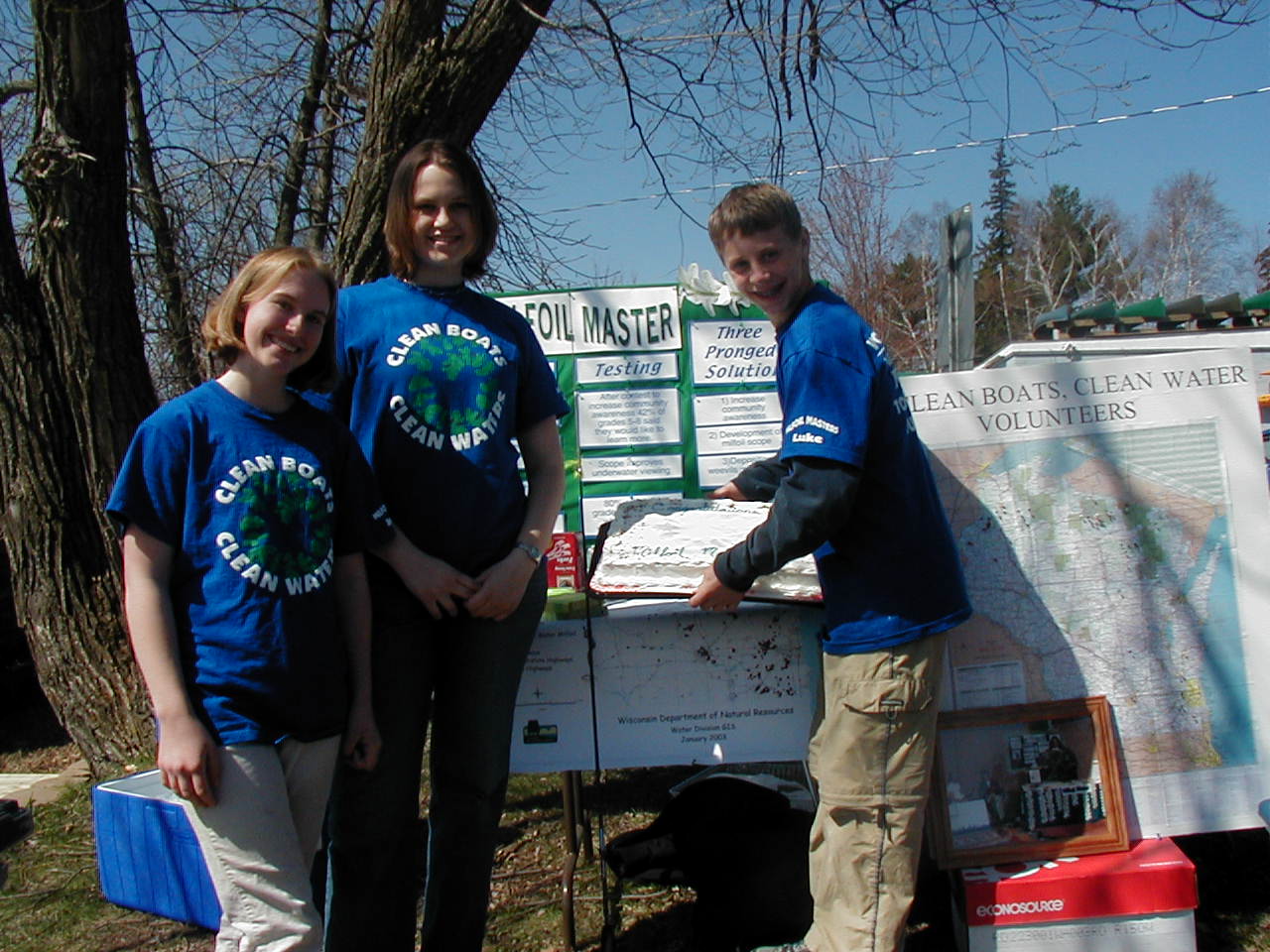
Students Maree, Janelle, and Luke, in the original Clean Boats, Clean Waters shirts, pose at their educational booth. Credit: Clean Boats, Clean Waters program
In 2001, Stewart, Luke Voellinger, and Janelle Zajicek kick-started what would become Clean Boats, Clean Waters (CBCW), one of the most successful watercraft inspection and aquatic invasive species (AIS) education programs in the country. With the help of a $25,000 grand prize, dedicated mentors, and some fateful wordsmithing from a local t-shirt printer, the trio transformed a middle school science project into a statewide initiative that’s connected with over two million boaters.
The improbable story — told for the first time in its entirety — is the subject of the newest episode of “Introduced,” Wisconsin Sea Grant’s podcast about Great Lakes stories and invasive species science.
“We wanted to showcase how community efforts like these can make a difference and inspire others to take action,” said executive producer Bonnie Willison. “It’s also a fun, timely story now that it’s summer and more people are getting out on the water. Chances are you’ll see a Clean Boats, Clean Waters inspector if you head to a boat launch.”
Wisconsin Sea Grant has supported the program since its official start in 2004, hiring and training interns to work as inspectors along Lake Michigan and Lake Superior. According to Tim Campbell, Wisconsin Sea Grant’s aquatic invasive species outreach specialist, coverage along the coast is crucial: the Great Lakes are a source of invasive species in inland lakes and vice versa.
Even with much to gain through a coastal watercraft inspection program, people feel less inclined to volunteer along the Great Lakes, Campbell noted — perhaps because they’re so big and it’s hard to believe that individual actions can make a difference.
“The Great Lakes are everyone’s lakes and no one’s lakes,” said Campbell. “People are invested in the lake they have a cabin on, but it’s more difficult to get volunteers to stand at a Lake Michigan boat launch. It’s not the same level of ownership. Yet, one of the best ways to protect all lakes in Wisconsin, including the Great Lakes, is to have CBCW volunteers present on the coast.”
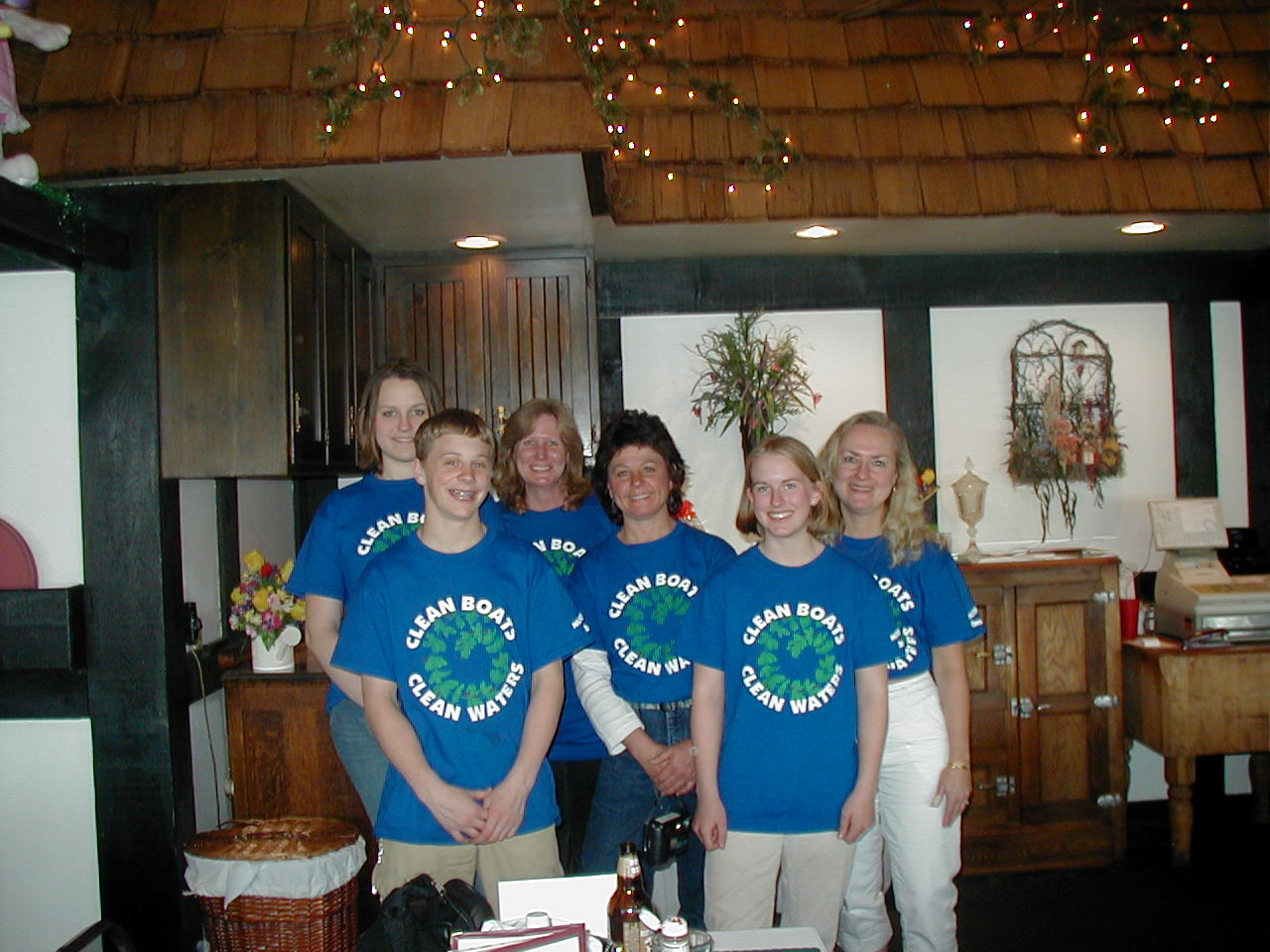
The students worked in close collaboration with Laura Marquardt, Sandy Wickman, and Lisa Ahlers. Credit: Clean Boats, Clean Waters program.
That’s where Scott McComb, Sea Grant’s aquatic invasive species outreach specialist in southeastern Wisconsin, comes in. McComb organizes Clean Boats, Clean Waters training in Milwaukee, Racine, and Kenosha counties and works to build a sense of stewardship around Lake Michigan. His efforts ensure there isn’t a Great Lakes-sized hole in AIS prevention across the state.
For Campbell, the educational and neighborly spirit of the program is what sets the Clean Boats, Clean Waters program apart from other AIS prevention initiatives.“[Staff] don’t have any legal or inspection authority, but I think for our program, that might work out better because they’re a more friendly inspector,” he said. “Our inspectors are truly there to help.”
Even as seventh graders, Stewart and her peers recognized the importance of a friendly conversation.
“We just realized the power of [AIS education] is going to come from behavior changes of people. And how do you do that? By interacting with other people and word of mouth,” said Stewart. “It’s gone so far beyond what any of us ever thought it would, which is really great.”
The post Podcast tells story of seventh graders who launched Clean Boats, Clean Waters first appeared on Wisconsin Sea Grant.
News Releases | Wisconsin Sea Grant
News Releases | Wisconsin Sea Grant
https://www.seagrant.wisc.edu/news/podcast-tells-story-of-seventh-graders-who-launched-clean-boats-clean-waters/

